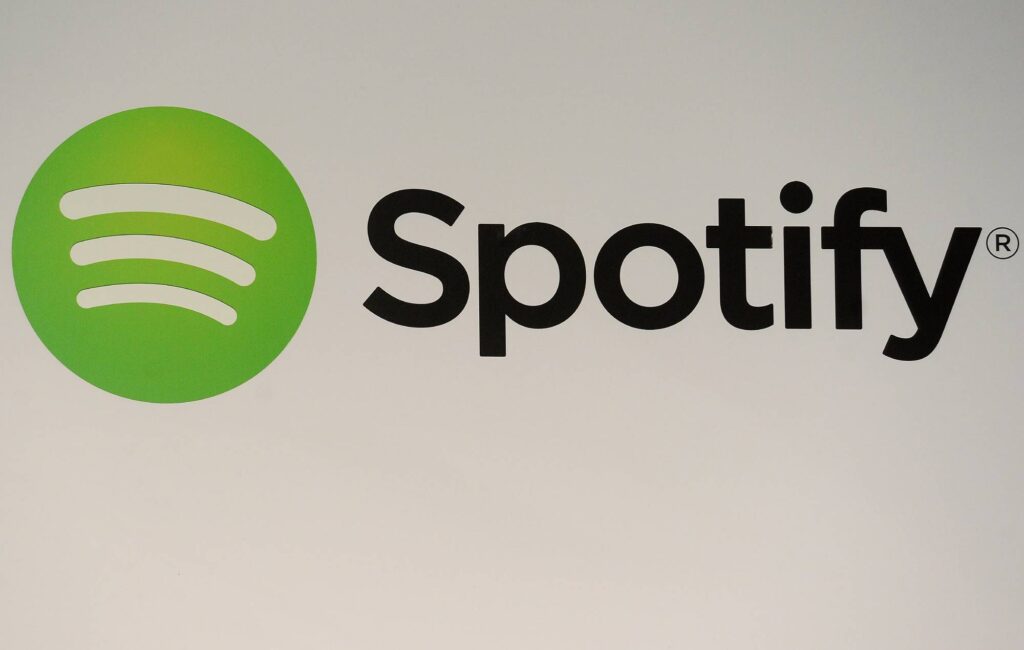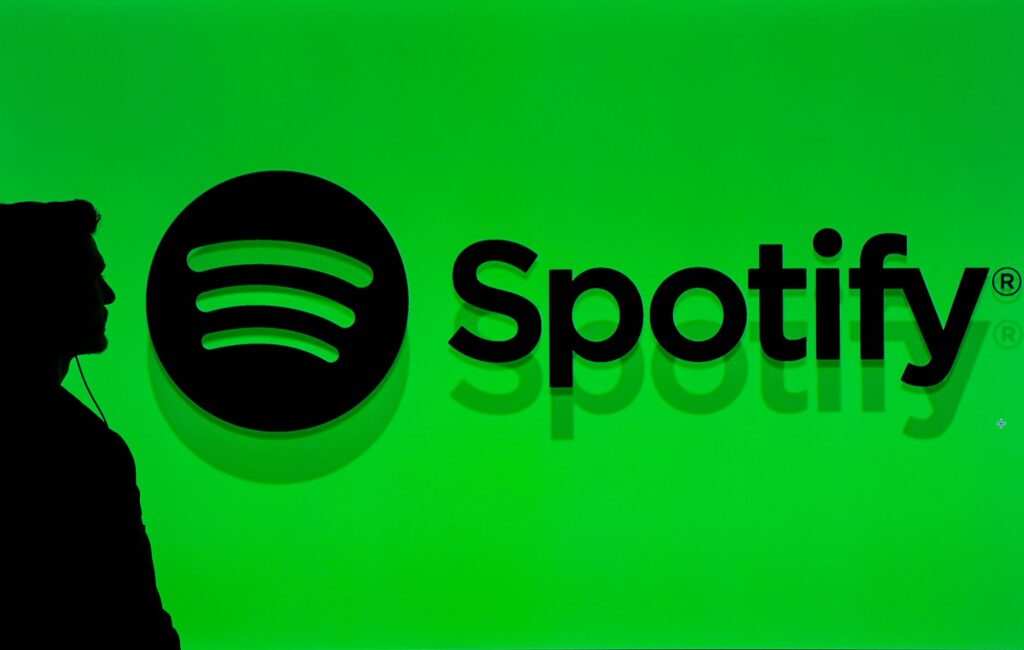
The nominees for the Songwriter Of The Year category at this year’s Grammy Awards have decided to boycott Spotify‘s party for the ceremony.
The likes of Jessi Alexander, Amy Allen, Jessie Jo Dillon and RAYE – who have all been nominated for Songwriter Of The Year have announced they will be skipping the streaming platform’s celebratory bash and will also not be performing at the event.
While speaking to Billboard, Allen (Harry Styles, Niall Horan, Sabrina Carpenter) and Dillon (Jelly Roll, Megan Marooney) confirmed that their absence is due to Spotify’s treatment of songwriters.
“After some thought, I couldn’t in good conscience support this initiative given their approach to bundling royalties,” said Dillon in a statement to the publication. “It is very nice to be individually honored, but it is better for me and my entire songwriter community to be paid fairly for our art. There are no songs without songwriters.”
A representative for RAYE told the publication that she had never committed to attending or performing at the event, so “there’s nothing for her to back out of at present,” and added that RAYE has been “an outspoken advocate on behalf of songwriters’ rights igniting an industry-wide dialogue on the topic.”
Last year, it was reported that Spotify had cut the royalty rates for songwriters and publishers, leading to an estimated $150 million decrease in royalty payments.
Recommended
The announcement of the boycott comes after figures within the industry have expressed their dissatisfaction with the streaming platform.
Back in July, Spotify revealed that it has topped expectations with its profits and number of premium subscribers this quarter.
In the report, Spotify revealed that it had a Q2 revenue of €3.81billion (£3.2b) – an increase by 20 per cent since the last quarter – and a net profit of €274million (£230m), versus a loss of €302million (£253m) the year prior.
It also shared that operating costs had decreased by 16 per cent, and the gross margin for the period was ahead of expectations, coming in at 29.2 per cent compared to 2023’s 24.1 per cent.

The profits were most likely aided by the streaming service raising prices for most of its existing plans in early June 2024. Also, Spotify’s decision to cut down 17 per cent of its workforce in order to save costs at the end of 2023 probably also contributed to their profits increasing. This decision came after an earlier plan was implemented to lay off another six per cent of its staff at the start of 2023 in a bid to promote “speed”.
In addition to price hikes and staff lay-offs, it is likely that the profits also benefited from the streaming service officially demonetising all songs on the platform with fewer than 1,000 streams.
The policy was launched on April 1, but had been planned by the platform for some time. It was quickly criticised for making it harder for artists to generate royalties from their music and restricting new artists looking to crack the music industry.
Kate Nash recently highlighted low streaming royalties in her “bum on the back of a fire truck” protest, where she headed to the London office of Spotify and said, via megaphone: “Artists are paid 0.003 of a penny per stream whilst [Spotify] demonetised 80 per cent of music on the platform. The shareholders cashed out over 419 million between them.”
Recently, a site parodying Spotify Wrapped was taken down at the request of Spotify‘s legal team. Titled ‘Spotify Unwrapped‘, the site highlighted the low pay artists receive from the platform.
‘Unwrapped’ calculated the amount users pay in subscription fees, vs the the royalties paid to the artists they’ve listened to throughout the year. They aim to call the company out for “its predatory treatment of artists”, per the website.
Benefits criticised bands and artists sharing Spotify Wrapped graphics after complaining about the company “destroying” the industry for the rest of the year.
“I don’t understand how you can support stuff like Kate Nash’s recent protest and then be putting wrapped graphics on every corner of your socials,” they wrote.
Primal Scream bassist Simone Marie Butler also spoke out against the platform, referencing CEO Daniel Ek. She wrote that he is “sitting on his yacht laughing at your spotify top 5 while he cashes in on music he had nothing to do with, calls it ‘content’ and artists still get £0.04 per stream . For new bands the first 1000 streams are still demonetized.”
Elsewhere, Spotify CEO and co-founder Daniel Ek also came under controversy earlier this year after speaking about the cost of “creating content”, when referring to music.
Ek implied that it is easier and more affordable than ever to create “content” thanks to modern technology. “Today, with the cost of creating content being close to zero, people can share an incredible amount of content. This has sparked my curiosity about the concept of long shelf life versus short shelf life,” he wrote.
It sparked outrage from artists including Deadmau5, who said he considered removing his music from the platform in response, and Anthrax drummer Charlie Benante who added that Spotify is “where music goes to die”.
Ek later walked back on his comments, explaining in an apology that he had no intention of dismissing the struggles faced by musicians and using the “reductive” label of “content”, and instead “was most interested in exploring was how, in this environment of constant creation, we can identify and ensure that the bold, exciting, world-changing ideas and pieces of art don’t get lost in the noise.”
